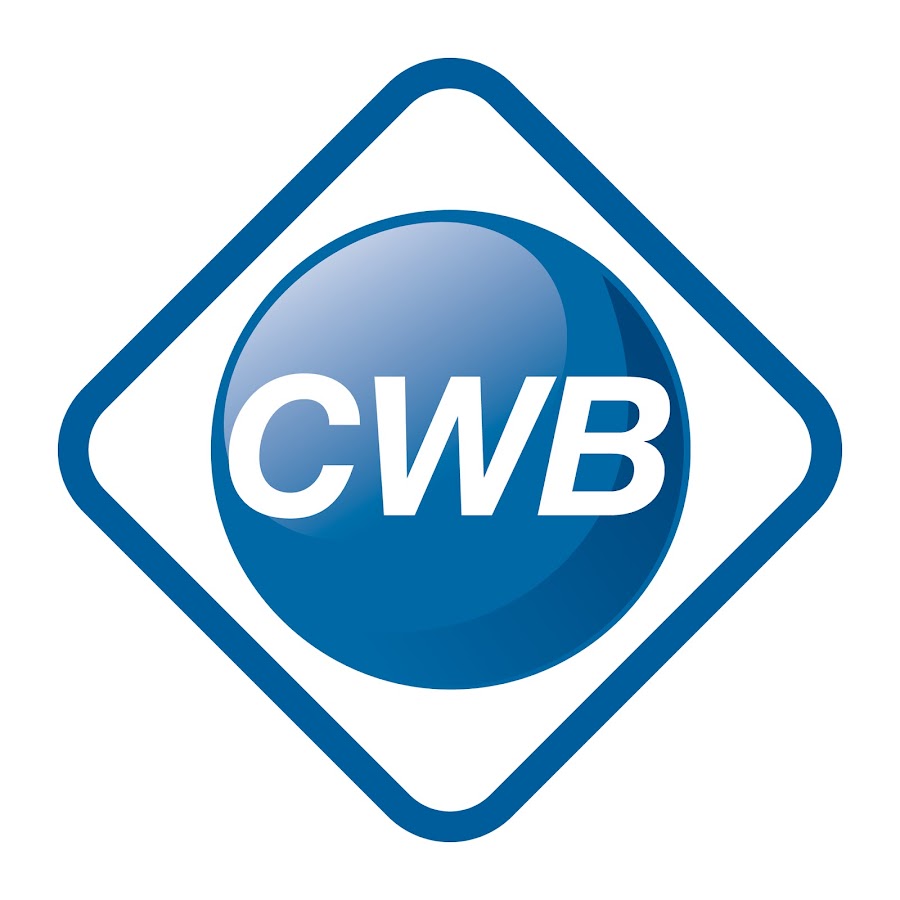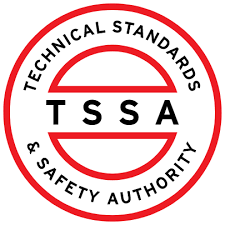
Posted on September 30, 2024 by Institute of Technical Trades
The difference between CWB certification and TSSA certification lies in their specific focus and regulatory requirements:


Find out more about ITT's CWB Testing here & TSSA Testing here.
We have moved to 1320 Ellesmere Road, Unit 1, Scarborough
(Ellesmere Rd. & Brimley Rd.)
New classes starting in January / February 2023
CALL TODAY TO ENROLL!
Contact Us